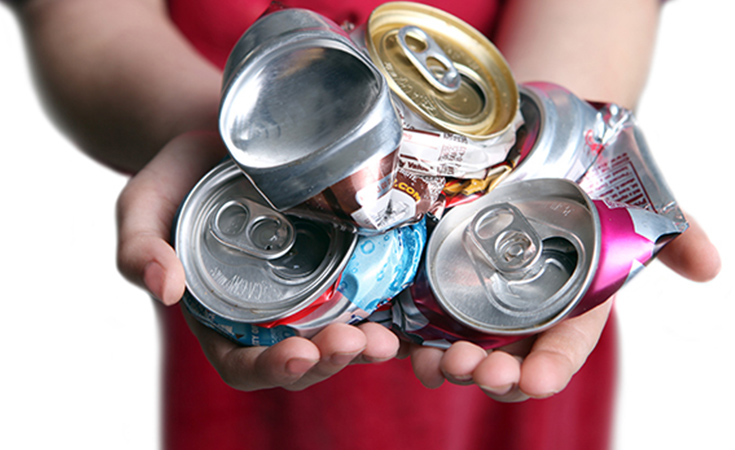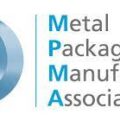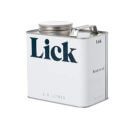EPR tariffs will lead to the demise of the tin can, threatening UK food safety, warns the metal packaging trade association. That’s how strongly the MPMA (Metal Packaging Manufacturers Association) claims that the densities of different packaging materials have not been adequately considered when setting the illustrative Extended Producer Responsibility (pEPR) tariffs, which will drive commercial and consumer behavior towards the use of less recyclable materials. This will adversely affect the metal packaging sector, which employs over 5000 people and contributes around £4 billion to the UK economy each year.
The association fears that the unintended consequences of the Government’s scheme will result in increased costs for metal packaging, job losses in the sector and unintended changes in consumer and commercial behavior, which could ultimately lead to the demise of the iconic metal food can, a staple in British pantries.
Metal food cans have a long shelf life, playing an essential role in food safety in the UK. In addition, metal is one of the packaging materials with the highest recycling rate in the country, at 76% (source: DEFRA). Without revisions, the MPMA believes the government scheme will work against its own objectives of sustainability and improving the circular economy.
MPMA urges the Government to review the pEPR tariff structure, warning that failure to do so could lead to the demise of the metal food can, one of the most sustainable packaging materials which, due to its long shelf life, plays a crucial role in UK food safety.
The association warns that the pEPR tariffs will bring about a “serious and senseless distortion of the market”, which would prove “disastrous” for the UK’s food security, as the Government has not adequately considered the densities of different materials when setting the illustrative tariffs.
Representing 22 metal packaging companies, the MPMA has written to the Secretaries of State for Business and Commerce and Environment, Food and Rural Affairs to highlight the unintended consequences of the recently published illustrative tariffs.
The MPMA fears that, if the fee structure is not revised, the Government’s scheme will work against its objectives of reducing packaging and waste, increasing recycling rates and improving the circular economy.
Jason Galley, executive director of the MPMA, comments that: “Our study of illustrative Extended Producer Responsibility rates shows that base rates for metal cans are significantly higher than for containers made of less circular materials.
“The difference in tariffs for different materials is high enough to influence the purchasing behavior of brands and retailers towards less circular products. This will lead to steel cans being replaced by higher volumes of less circular materials, which will increase the amount of packaging that needs to be processed, while fee revenues will be reduced. It is completely contradictory to the intent of the EPR and represents a market distortion that threatens our industry.
“Ultimately, this could lead to the demise of the metal food can, an iconic presence in pantries, as manufacturers would stop producing metal containers that, despite being recyclable time and time again, could be priced out of the market.”













